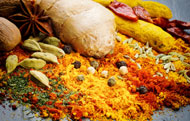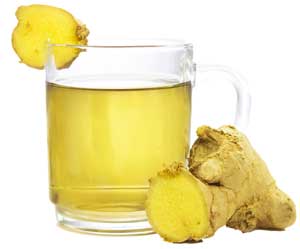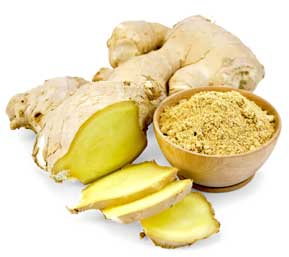




Ginger -
is a good source of folate, dietary fiber, and vitamins C and K

1. Ginger Facts
2. Tips for Cooking and Storage
3. Types of Ginger
4. Ginger Nutritional Value
5. Ginger Health Benefits
2. Tips for Cooking and Storage
3. Types of Ginger
4. Ginger Nutritional Value
5. Ginger Health Benefits
Ginger Facts
History and Origin
Tips for Cooking and Storage
|
Tips for Cooking and Storage of Ginger
(coming soon) |
Common Types of Ginger (Australia)
Types of Ginger
Ginger Nutritional Value
|
Spices ” Ginger ” ( Nutritional value )
Nutritional value per 2 g – 1 Teaspoon Ginger root, raw |
|||||||||||||||||||||||||||||||||||||||||||||||||||||||||||||||||||||||||||||||||||||||||||||||||||||||||||||||||||||||||||||||||||||||||||||||||||||||||||||
|
|||||||||||||||||||||||||||||||||||||||||||||||||||||||||||||||||||||||||||||||||||||||||||||||||||||||||||||||||||||||||||||||||||||||||||||||||||||||||||||

|
Reference Values are based on a 2,000 Calorie Intake, for Adults and Children 4 or More Years of Age. Your daily values may be higher or lower depending on your calorie needs.
|
|
Percentages are roughly approximated using (RDA) Recommended Dietary Allowances for adults. Source: USDA United States Department of Agriculture
|
|
Reference Values for Nutrition – FDA U.S. Food and Drug Administration
|
Ginger Nutritional Value
Ginger Health Benefits
Ginger

HEALTH
References
|
Nutrient Database – USDA (United States Department of Agriculture)
|
|
Reference Values for Nutrition – FDA U.S. Food and Drug Administration
|
